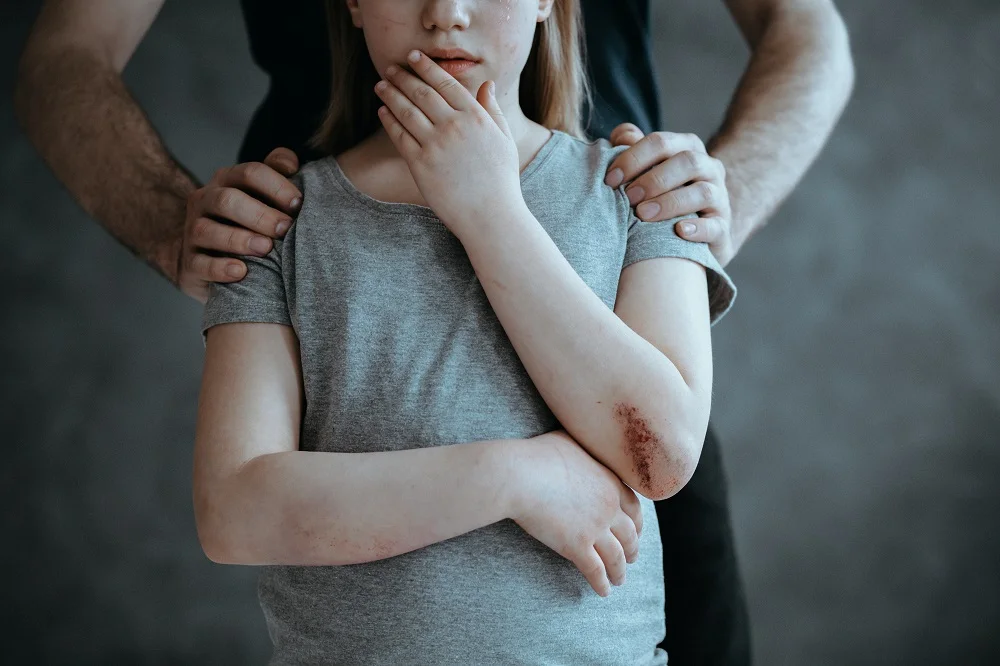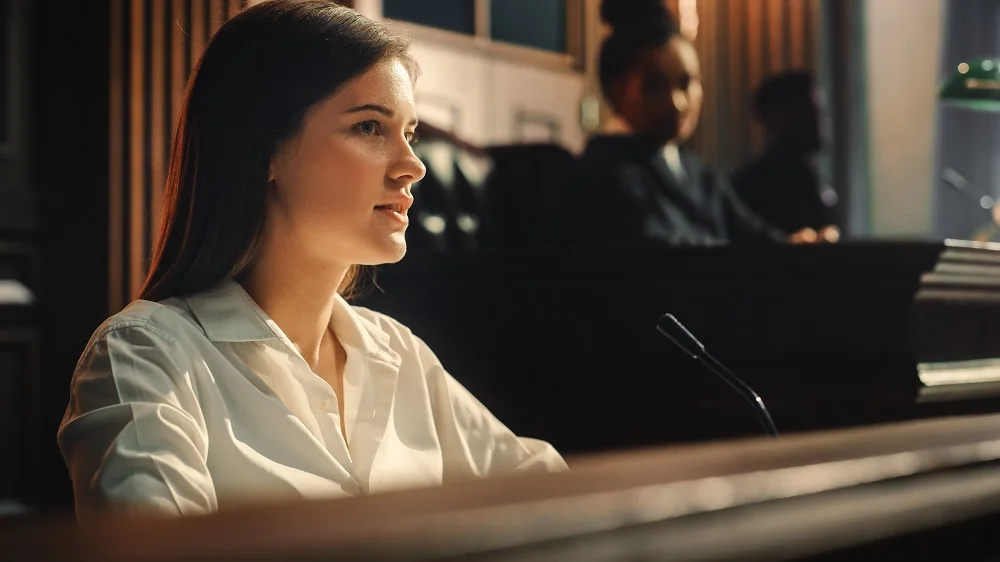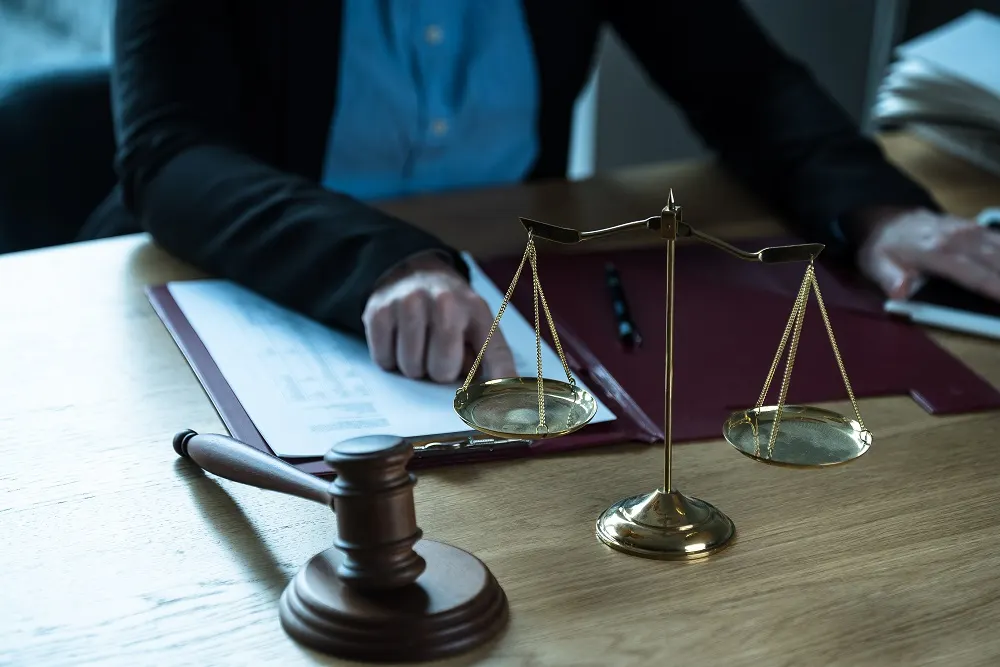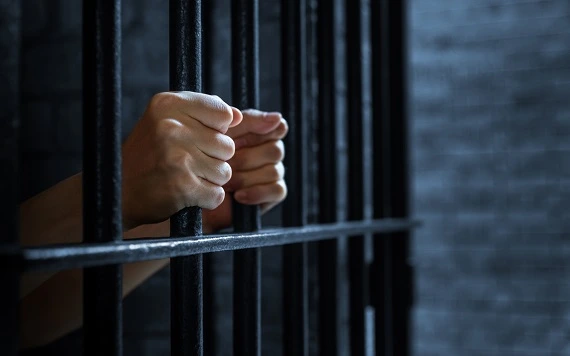How Long Do You Go to Jail for Domestic Violence in Florida?
Facing accusations of domestic violence can be stressful and cause a lot of anxiety about your future. But you don’t have to face these charges alone. These are serious charges, but there’s hope with the right criminal defense attorney in your corner.
Florida's domestic violence laws can carry serious jail sentences, if convicted, even for a first offense. But for many parents and caregivers facing allegations, this isn’t only about time behind bars but about safeguarding the ability to raise their children, keep their jobs, and preserve their family's daily life.
.avif)
At South Florida Justice, we understand the personal cost and emotional toll you’re experiencing. You need a domestic violence defense attorney who not only defends your rights in court but also helps protect the life and relationships you’ve worked so hard to build.
What Counts as Domestic Violence in Florida?
Under Florida Statute 741.283, domestic violence refers to a range of criminal acts committed against a family or household member. These acts aren’t standalone charges — they enhance penalties based on your relationship with the alleged victim.
Common domestic violence-related offenses include:
- Assault or battery
- Sexual assault or battery
- Stalking
- Aggravated assault or battery
- Battery by strangulation
- Kidnapping or false imprisonment
To qualify as domestic violence, the alleged victim must be:
- A current or former spouse
- Someone you live with or have lived with as a family
- A co-parent (regardless of relationship status)
- A relative by blood or marriage
Arrested for Domestic Violence? If Your Freedom Is on the Line — Call South Florida Justice.
Time is critical in domestic violence cases. Our experienced Florida defense attorneys are available 24/7 to protect your rights and minimize consequences. Don't face this alone.
Get Your Free Emergency Consultation
Available 24/7
(561) 659-8337
Is Domestic Violence a Misdemeanor or Felony in Florida?
Florida law classifies domestic violence based on the nature and severity of the act. While some offenses are charged as misdemeanors, others carry serious felony consequences, especially when physical harm, weapons, or prior convictions are involved.
Misdemeanor Charges
Most first-time arrests involving minor injuries are charged as misdemeanors. For example, simple assault, such as verbal threats without physical contact, is punishable by up to 60 days in jail. Domestic battery, which involves unwanted physical contact like slapping or pushing, is considered a first-degree misdemeanor and carries up to one year in jail.
Felony Charges
Felony domestic violence charges often involve more serious harm, weapons, or repeat offenses:
- Aggravated assault (third-degree felony): Threatening someone with a deadly weapon or intent to cause serious injury, up to 5 years in prison.
- Strangulation or battery causing great bodily harm (second-degree felony): Up to 15 years in prison.
- Sexual battery or permanent injury (first-degree felony): Up to 30 years in prison.
Other felony-level domestic violence offenses include battery on a pregnant woman, aggravated battery involving permanent injury or a weapon, and cases where the accused has a prior domestic violence conviction.
Even if an incident appears minor, prosecutors may upgrade the charge based on aggravating circumstances like the victim’s injuries, prior convictions, or whether a child witnessed the event. In Florida, domestic violence cases can escalate quickly, and the consequences can be severe.
Domestic Violence Penalties in Florida

Florida imposes strict penalties for domestic violence, even for certain first-time offenses. Repeat offenses carry even more severe consequences and can quickly escalate to felonies.
Penalties for First-Time Offenders
Most first-time domestic violence charges are classified as first-degree misdemeanors. The maximum sentence is one year in jail. Beyond jail, there could be other statutory penalties, as listed below.
Penalties for Repeat Offenders
Florida increases the penalties with every subsequent conviction.
But beyond the numbers, repeat charges are often treated more seriously by prosecutors. Even if the new offense would typically be a misdemeanor, it may be reclassified as a felony, especially if there are aggravating factors like prior convictions or injury. These cases often lead to more extended probation, tighter restrictions, and a much tougher road to negotiation or resolution.
Additional Statutory Penalties for Both First Time and Repeat Offenders
In addition to jail time and probation, domestic violence convictions in Florida come with a range of mandatory and lasting consequences that can affect many areas of your life.
As part of your sentence, the court-mandated requirements include:
- 26-week batterer’s intervention program: Must be completed as part of sentencing — no exceptions.
- Probation (1 year minimum): Supervised by the court; includes regular check-ins and compliance requirements.
- Drug and alcohol testing: Especially if substance use is suspected or was part of the incident.
- Community service: Often required, depending on the judge’s discretion.
A conviction can also create the following long-term consequences beyond the courtroom:
- Job loss or blocked career opportunities: Many employers conduct background checks and are unwilling to hire someone with a domestic violence conviction.
- Loss of gun rights: A domestic violence conviction — even a misdemeanor — can permanently revoke your right to own or carry firearms under federal law.
- Child custody complications: Florida family courts take domestic violence very seriously when evaluating custody and visitation. A conviction can limit your access to your children or prevent joint custody.
- Housing issues: Convictions appear on background checks, often disqualifying individuals from rentals.
- Professional license suspension: Especially in education, healthcare, or legal professions.
While penalties are strict across the board, the outcome of your case still depends on several key factors.
Factors That Affect Sentencing in Domestic Violence Cases

While Florida law sets strict penalties, judges and prosecutors still weigh specific details of each case. Your sentence may be significantly shaped by aggravating or mitigating factors.
These circumstances often lead to harsher penalties and longer jail time:
- Use of a weapon
- The presence of a child witness
- Victim’s pregnancy
- Repeat offenses
- Restraining order violations
- Acts involving strangulation
In contrast, certain details may help reduce charges or lessen the sentence:
- No prior criminal record
- Little or no physical injury
- Voluntary counseling before trial
- Victim is unwilling to testify
- Self-defense or mutual combat
Even if the charge seems minor, surrounding factors can trigger mandatory jail or create an opening for reduced charges or dismissal. At South Florida Justice, we know a single accusation can threaten your freedom, family, and future. That’s why we step in forcefully to protect what matters most.
What Happens After a Domestic Violence Arrest
Being arrested for domestic violence in Florida can be fast and disorienting, and the court process often begins within hours of being placed in handcuffs. At South Florida Justice, we make sure you're not facing it alone.
How the Legal Process Typically Unfolds in Florida?
- Arrest and booking: Most domestic violence incidents result in an automatic arrest — police are not required to witness physical harm.
- First appearance (within 24 hours): You’ll appear before a judge who may issue a no-contact order and set bond conditions.
- Formal charges: The State Attorney reviews the evidence and decides whether to file charges, even if the alleged victim doesn’t want to press charges.
- Arraignment: You formally enter a plea. Most people plead “not guilty”, and the case moves into pre-trial.
- Pre-trial motions & discovery: This is where your defense attorney fights back, challenging the evidence, questioning the prosecution’s claims, or negotiating early dismissal or reduction.
- Trial or plea agreement: Some cases proceed to trial, while others resolve through plea deals that may avoid harsher penalties.
How South Florida Justice Defends Your Rights and Freedom

At South Florida Justice, we tailor every strategy to your case’s facts, and we act quickly. Depending on the situation, we may use one or more of the following defenses:
- Lack of evidence: Many domestic violence cases are built on statements without physical proof.
- False allegations: Charges may arise from family disputes, custody battles, or attempts to gain leverage in a divorce.
- Self-defense: If you acted to protect yourself, this may justify your response.
- Mutual combat: If both parties contributed to the conflict, it could affect how the case is charged or resolved.
- Victim recantation: If the alleged victim wants to drop the case, we guide the legal process — but prosecutors don’t always comply, and strategy is critical.
Don’t Let One Mistake Cost You Everything — South Florida Justice Fights for You 24/7!
Domestic violence accusations move fast — and so do we. We challenge every weakness in the prosecution’s case to shift momentum in your favor, not just to reduce penalties, but to protect your future, your record, and the life you've worked hard to build. Start your defense immediately before the case gains momentum against you.

Mac Kenzie Sacks
Recent Legal News & Insights
This section features recent articles on various legal topics, as well as practical advice from experts.

How Long Do You Go to Jail for Domestic Violence in Florida?
Facing domestic violence charges in Florida? Even a first arrest can lead to jail and lasting consequences. South Florida Justice moves quickly to defend your rights — before it’s too late.

Drunk Driving Laws You Need to Know When Arrested for DUI in Florida
Arrested for DUI in Florida? Don't panic. Learn the laws, penalties, and defense strategies to protect your future. Talk to a DUI lawyer in Florida before it’s too late.

Personal Injury Settlement Calculator
Estimate your settlement value in Florida with our personal injury calculator. Get a free consultation from WBP personal injury lawyers. We're here 24/7 for you.
FAQ
Can domestic violence charges be dropped?
Not directly by the victim, but the prosecutor may dismiss if the victim is uncooperative or the evidence is weak.
Will I lose my job because of a domestic violence arrest?
Possibly, primarily if you work in education, law enforcement, or healthcare.
Can I see my kids?
Possibly. You can see your kids unless a no-contact order specifically says you cannot.
What if my child were a witness to the domestic violence incident?
You can face an enhanced jail sentence and possibly DCF involvement.
Can I talk to the alleged victim?
You cannot have contact only if there is a no-contact order in place, but not all cases have a no-contact order. If you have a no-contact order in place, we can file a motion to modify it to prohibit violent contact. Call (561) 659-8337 and let our attorneys handle all communication.


.svg)

.svg)

.svg)